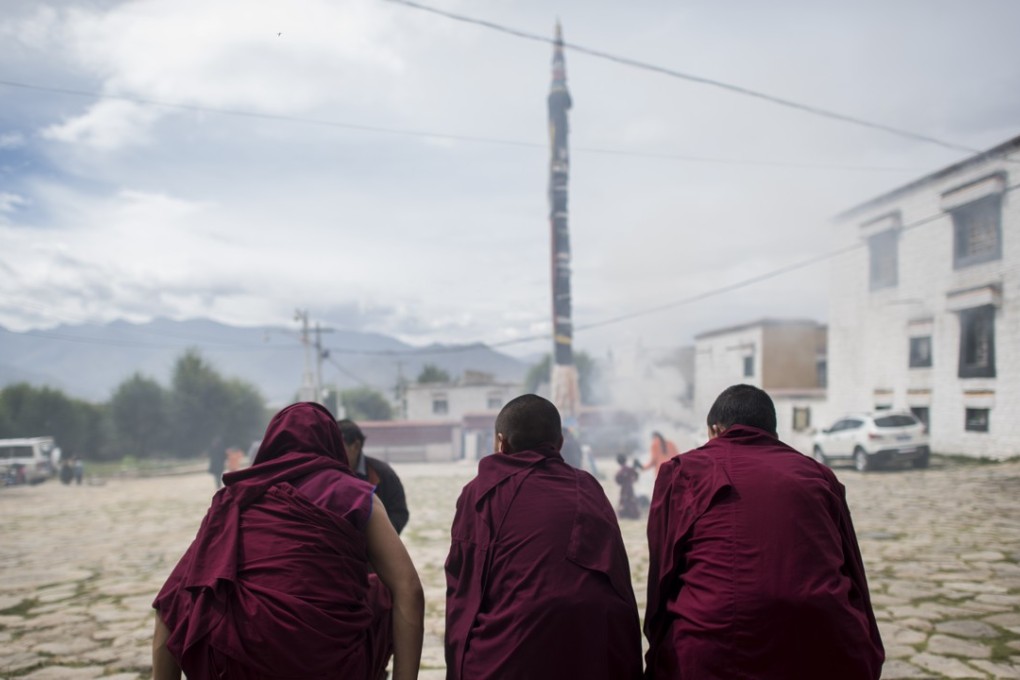Chinese leader Wang Yang urges tight control of separatists and Buddhist institutions in Tibet
Wang calls for national unity and social stability and Beijing’s efforts to ‘sinicise’ religion

A top Chinese leader has called for “advancing anti-separatism efforts” in Tibet, in a sign of continued high-pressure tactics in the Himalayan region.
Wang Yang, the ruling Communist Party’s No 4 ranking official, was quoted in state media on Monday as stressing the importance of tight control over Tibet’s Buddhist institutions, urging “preparedness and precautions for danger in times of safety”.
Religious figures must “be courageous to battle all separatist elements” in the name of preserving national unity and social stability, Wang was quoted as saying in Tibet’s regional capital of Lhasa during a visit there on Sunday.
Beijing’s forces occupied Tibet soon after the 1949 communist revolution and security there has been ratcheted up significantly in the decade since anti-government protests spread through Tibetan areas in 2008.
The tactics in Tibet are largely aimed at reducing the influence of the region’s spiritual leader, the Dalai Lama, who lives in exile in India. China claims Tibet has been part of its territory for more than seven centuries and regards the Dalai Lama as a dangerous separatist.
Some Tibetans insist they were essentially independent for much of that time.
Wang has broad responsibility for religious policy as head of the government’s top political advisory body. In his comments on Sunday, he also echoed Beijing’s calls for the sinicisation of religion, shorthand for adherence to the dictates of the officially atheist party.